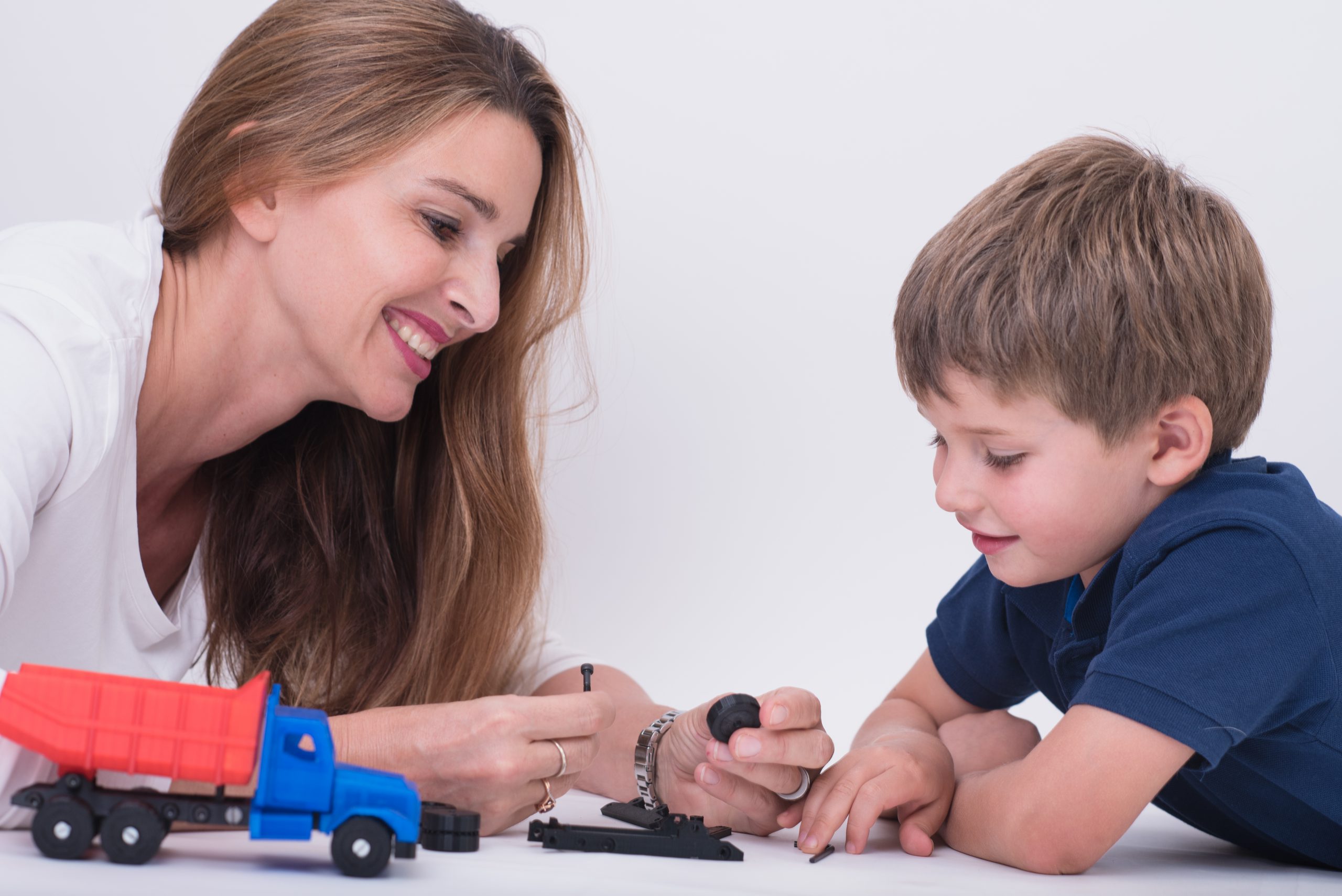
One of the very first things that you are told when finding out that you are expecting a child, usually goes something like this: “You have to start bonding with your baby.” This is not only being said to the mothers, but also to the fathers. Unfortunately, for most people, they do not know how or why to bond with their children. It might sound a bit strange, I mean, how can you not know how or why to bond with your child? There are so many answers to this very question!
What is Bonding?
According to KidsHealth, “Bonding is the intense attachment that develops between parents and their baby. It makes parents want to shower their baby with love and affection and to protect and care for their little one. Bonding gets parents up in the middle of the night to feed their hungry baby and makes them attentive to the baby’s wide range of cries. Scientists are still learning a lot about bonding. They know that the strong ties between parents and their child provide the baby’s first model for intimate relationships and foster a sense of security and positive self-esteem. And parents’ responsiveness to an infant’s signals can affect the child’s social and cognitive development.”
A study done by The University of Iowa has found that when infants develop a close bond with at least one parent, they experience fewer emotional and behavioural problems in childhood. These children are less likely to have behavioural problems such as being aggressive or experience other emotional and behavioural problems when they reach school age, such as being disobedient, struggling with inner emotions like sadness or worry. “There is a really important period when a mother or a father should form a secure relationship with their child, and that is during the first two years of life. That period appears to be critical to the child’s social and emotional development,” says Sanghag Kim, a post-doctoral researcher in psychology at the UI who collaborated with UI psychology professor Grazyna Kochanska on the study. “At least one parent should make that investment.”
Can I still bond with older children?
If you do have children that are older than two, you can still bond with them and build a healthy, long-lasting relationship. With everything changing by the day and new technology becomes available, it is a bit trickier than usual. You will have to compete against iPads, Televisions, Computers, etc. You might think it is not all bad, because there are Educational games to be played on iPads and Educational shows on the Television or Computer that they can watch. Although it is very true, screen time has to be limited. This limit has to be set from the start. You have to spend actual one on one time with your children. You need to help them develop their imagination, social skills and their gross- and fine motor skills. This cannot be done by sitting in front of a screen. Some people believe that by allowing your child to watch TV or play games on devices (like iPads) the whole day or afternoon, you are actually neglecting them.
But bonding is a process, not something that takes place within minutes and not something that has to be limited to happening within a certain time period after birth. For many parents, bonding is a by-product of everyday caregiving. You may not even know it’s happening until you observe your baby’s first smile and suddenly realize that you’re filled with love and joy.
“Kids with strong bonds to parents make better friends and can adapt in difficult relationships.” – this was written on June 19th, 2014 by the University of Illinois College of Agricultural, Consumer and Environmental Sciences (ACES). The articles continues by answering the following question, “What social skills does a three-year-old bring to interactions with a new peer partner? If he has strong bonds to his parents, the child is likely to be a positive, responsive playmate, and he’ll be able to adapt to a difficult peer by asserting his needs, according to a new study. “Securely attached children are more responsive to suggestions or requests made by a new peer partner. A child who has experienced a secure attachment relationship with caregivers is likely to come into a new peer relationship with positive expectations,” said one expert.”
Conclusion
As a conclusion, bonding with your child usually starts right at the beginning. In infancy. Bonding with your child helps them with their development, emotions and behaviour. This not only helps them in the present, but also helps them in all other stages in their lives.
If you would like to read more on the topic “What is bonding”, follow this link to the KidsHealth website and read their article written and reviewed by Elana Pearl Ben-Joseph, MD – https://kidshealth.org/en/parents/bonding.html
If you want to read the entire article by the University of Illinois College of Agricultural, Consumer and Environmental Sciences (ACES), follow this link to their article on Science Daily – https://www.sciencedaily.com/releases/2014/06/140619142125.htm

